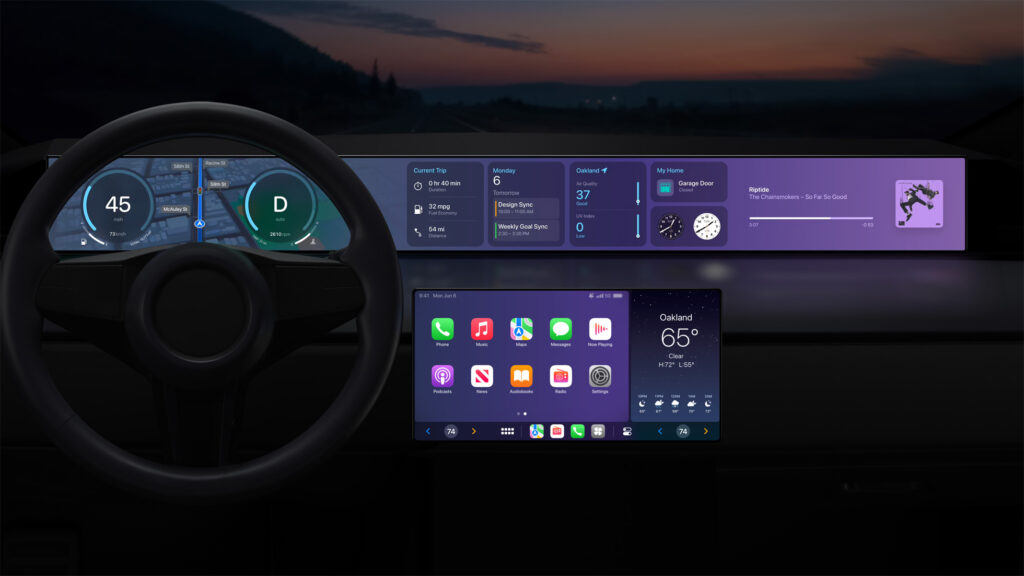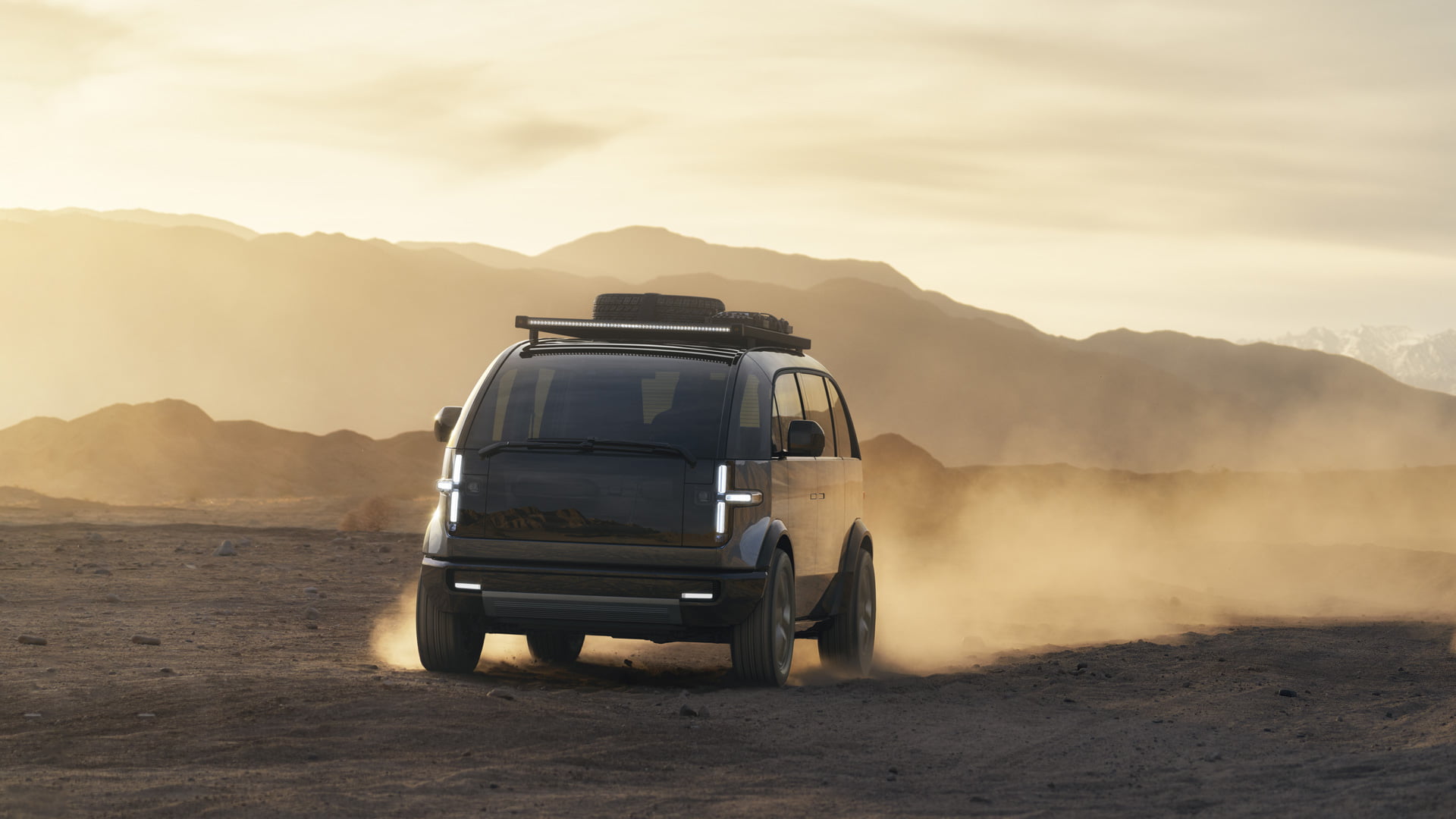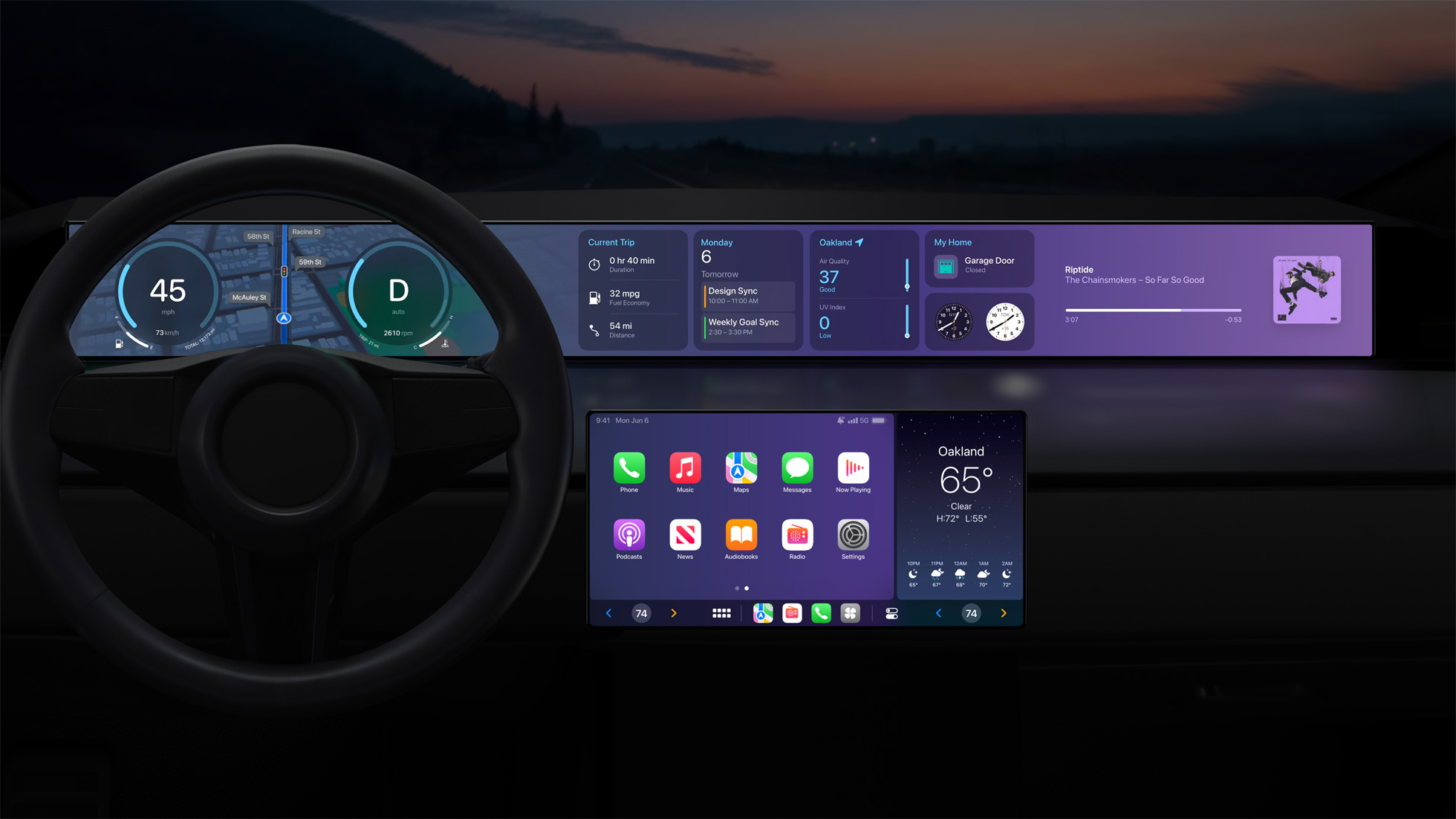Apple’s Electric Car Project is Dead in the Water
Apple has officially abandoned its decade-long initiative to develop an electric car, a project that stood as one of its most ambitious undertakings, sources close to the matter revealed to Bloomberg’s Mark Gurman.
The announcement, made internally on Tuesday, took by surprise the nearly 2,000 employees dedicated to the project. The disclosure was communicated by Chief Operating Officer Jeff Williams and Vice President Kevin Lynch, who were leading the project known as the Special Projects Group (SPG).
According to the sources, who preferred to remain anonymous, Williams and Lynch informed the team that the project would gradually wind down. A significant portion of the SPG team is set to be redirected to Apple’s artificial intelligence division, led by executive John Giannandrea, to work on generative AI projects, highlighting a shift in the company’s focus towards AI as a critical area of development.
The decision affects several hundred hardware engineers and car designers who were part of the Apple car team. While it remains possible for these individuals to seek other opportunities within Apple, the exact number of potential layoffs remains unclear at this time.
This move marks the end of a multibillion-dollar effort by the Cupertino, California-based company to enter the automotive industry. Initiated around 2014, the project aimed to create a fully autonomous electric vehicle with features such as a limousine-like interior and voice-guided navigation. However, the initiative faced numerous challenges from its inception, undergoing several changes in leadership and strategic direction.
Making an iPhone might be easy, but a self-driving EV? That’s a whole new story. The hardest part is saying “no” and it looks like Apple realized this just wasn’t worth the effort.
The project’s termination was decided upon by Apple’s senior executives in recent weeks, following a report by Bloomberg News that the initiative had reached a critical juncture. Discussions within the company had leaned towards postponing the car’s release to 2028 and scaling back on its self-driving capabilities from Level 4 to Level 2+ technology.
Concerns over the project’s profitability and the substantial ongoing investment it required contributed to the decision. Apple had envisioned the vehicle to be priced at around $100,000, but uncertainties regarding the project’s ability to meet Apple’s standard profit margins and the board’s apprehensions about continued spending on an uncertain venture led to its cancellation.



Can’t get anyone to build for them..haha.